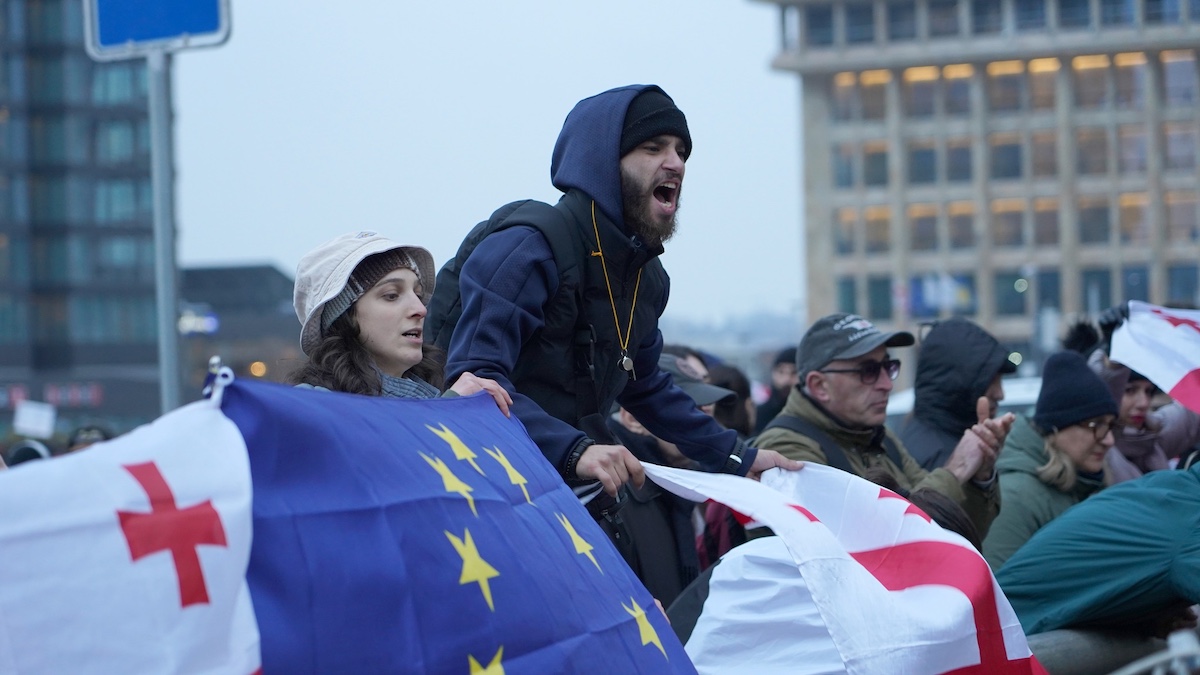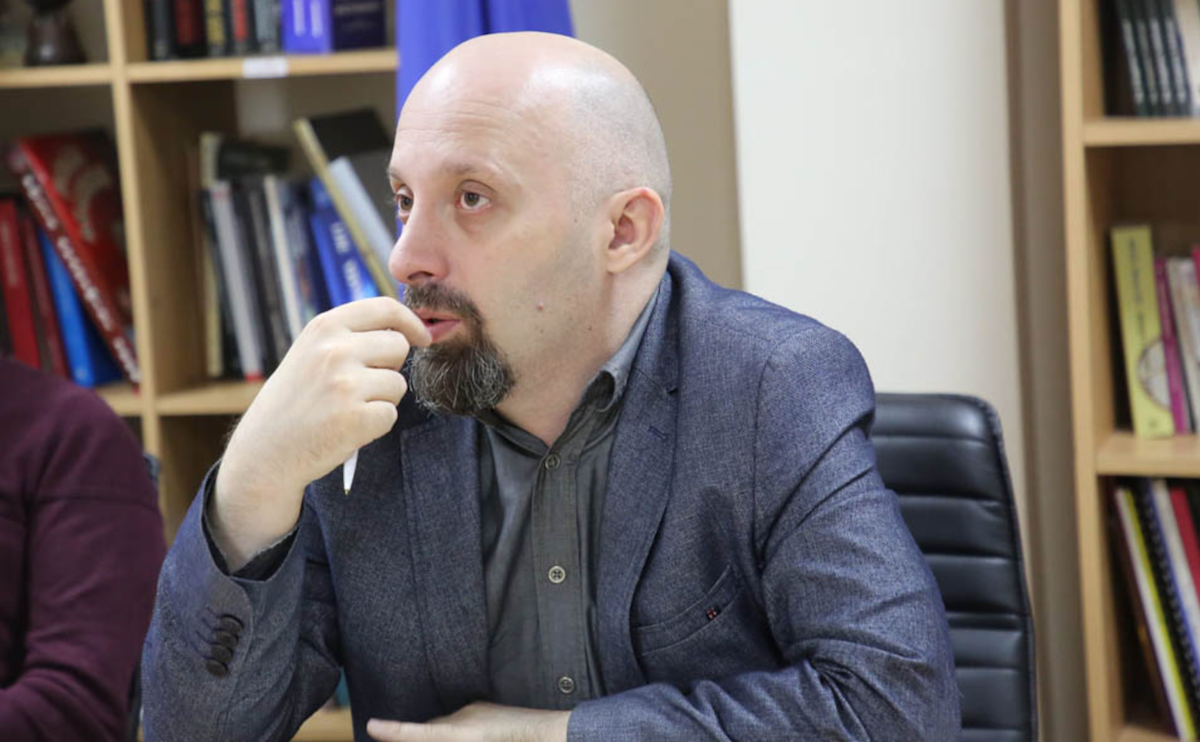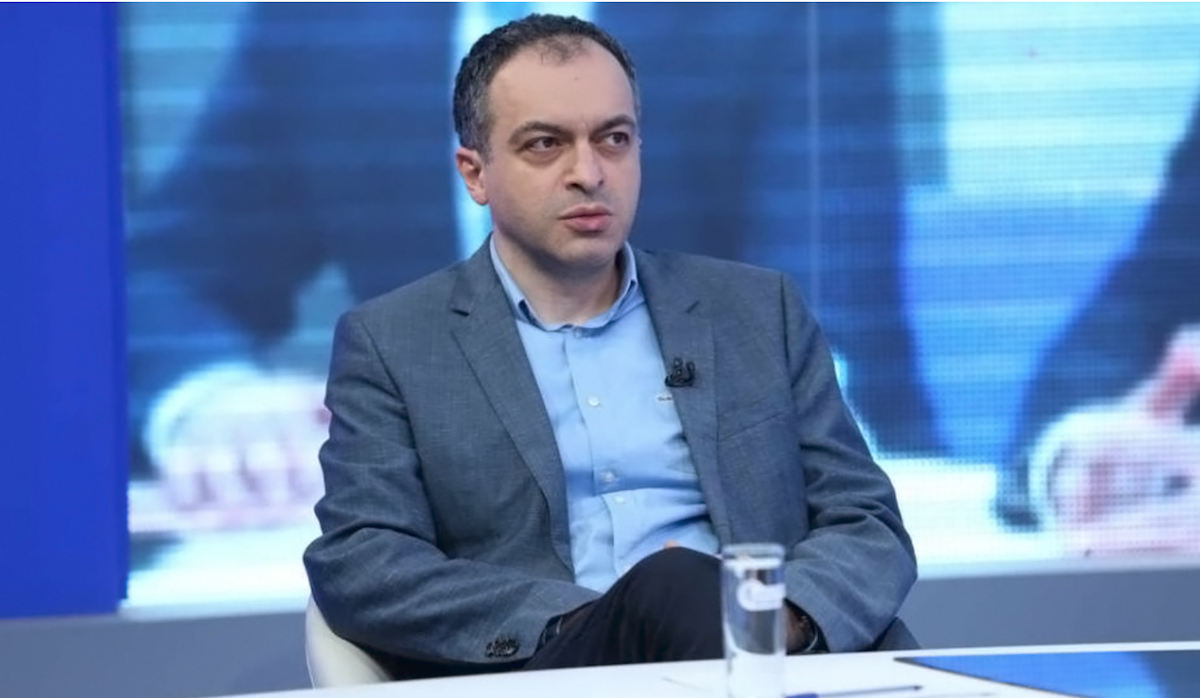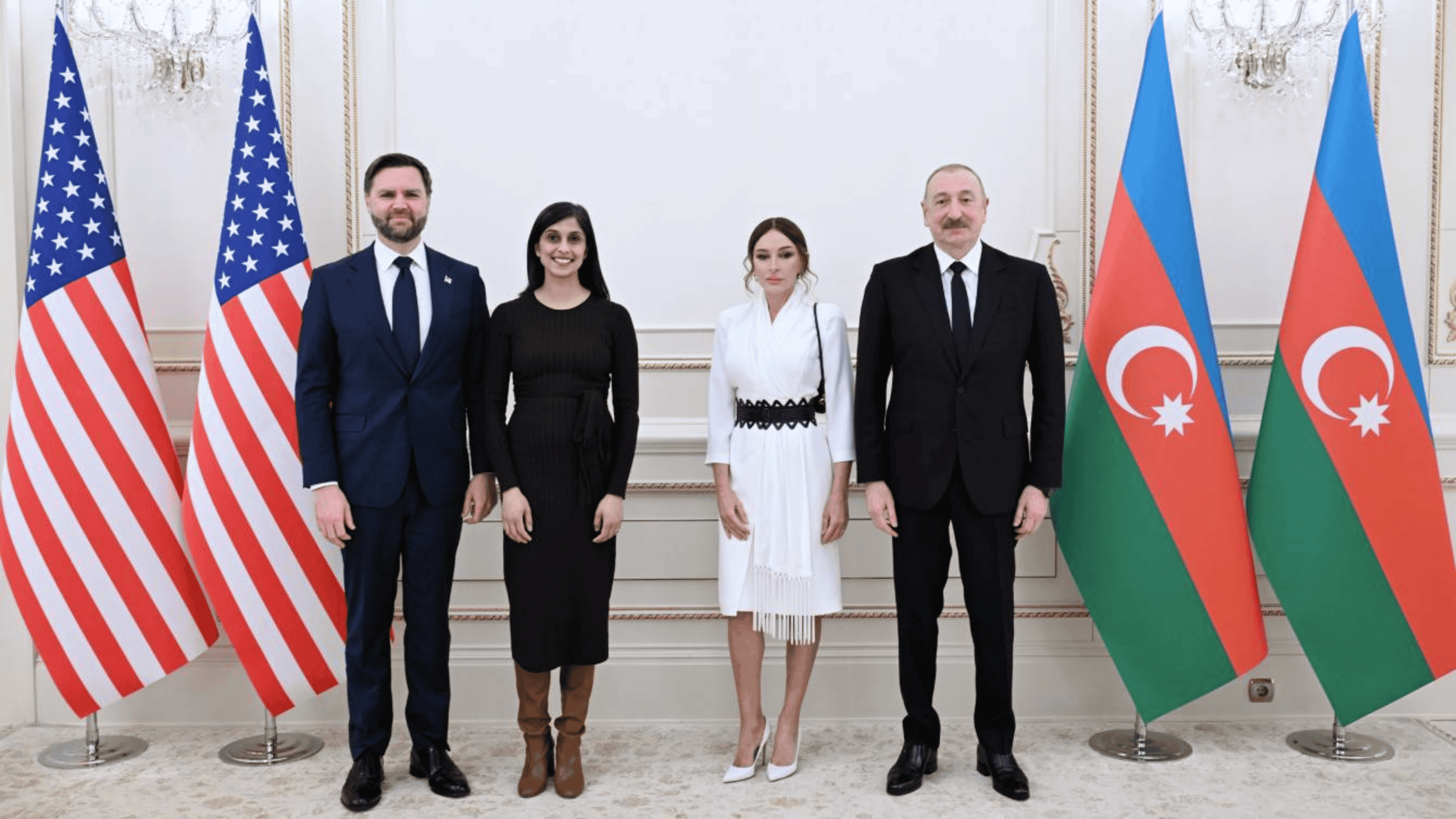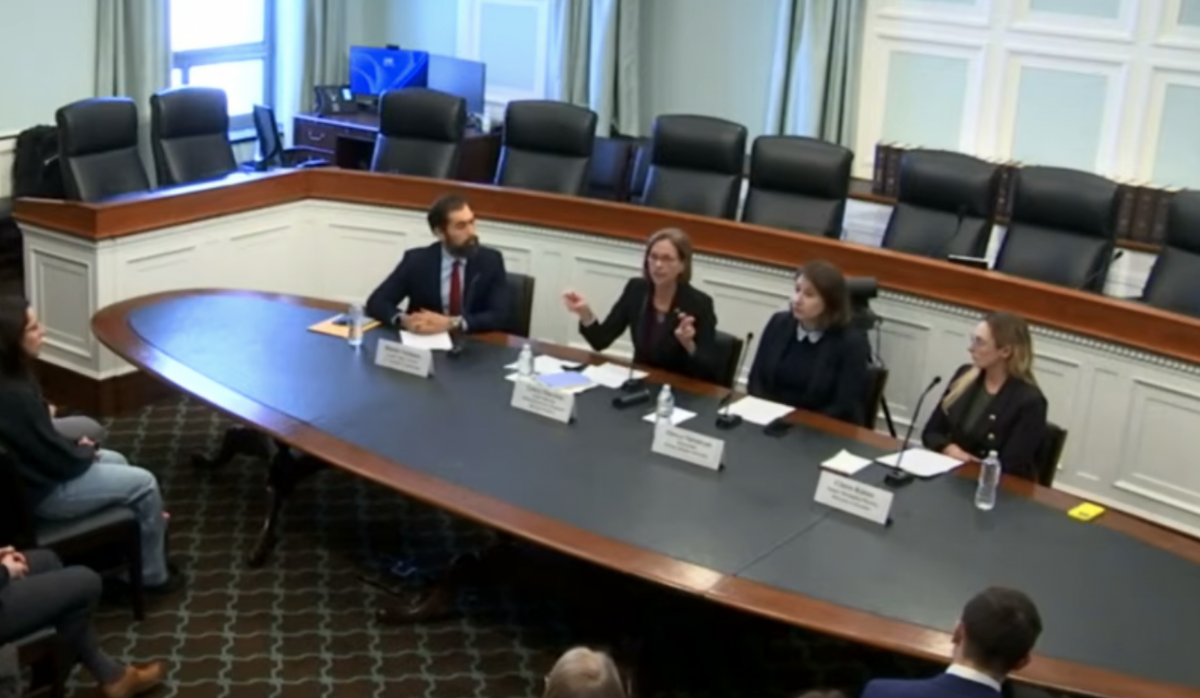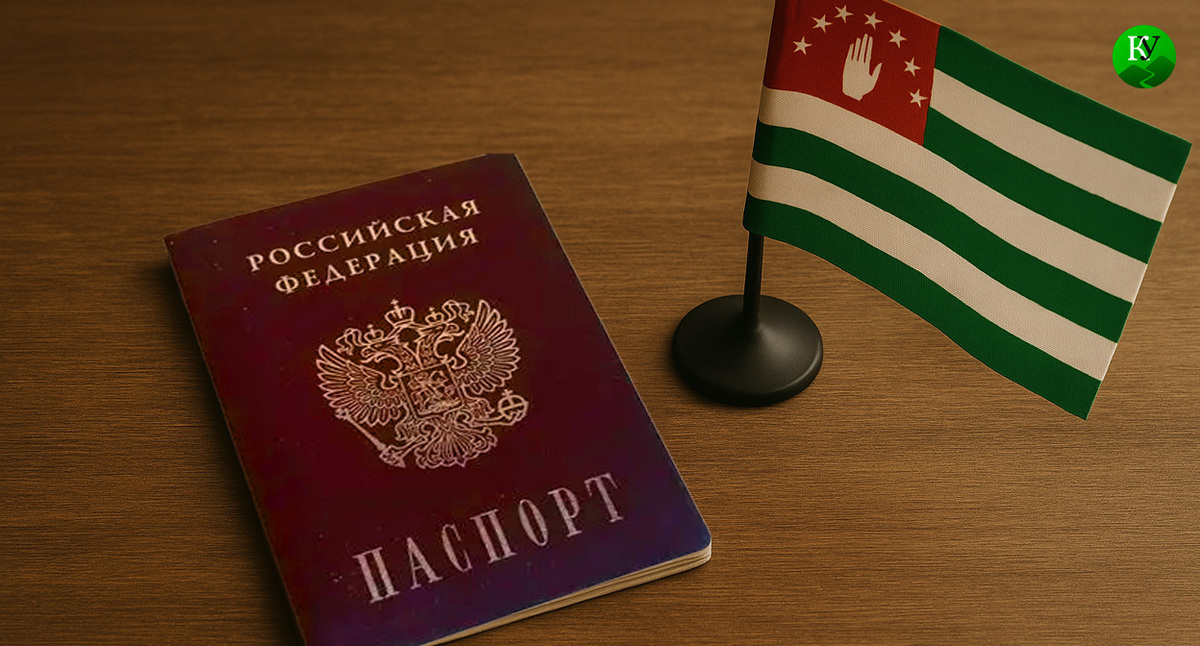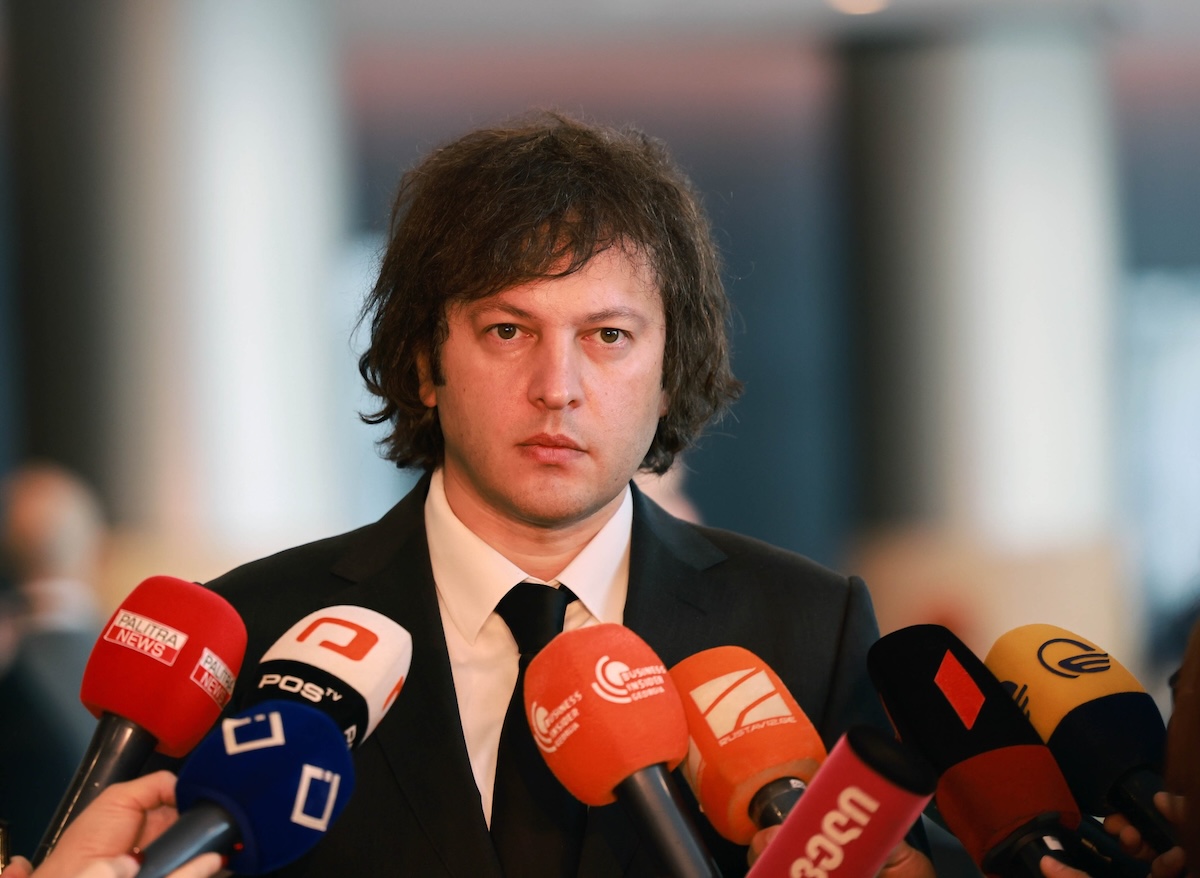Opinion: Neither opposition, nor USAID, nor Trump can lead revolution—only Georgian Dream can
USAID won’t lead revolution in Georgia
“Trump’s policy is imperialistic, and USAID is its instrument—while Georgian Dream parasitizes and fits well into the processes happening in the U.S.,” said Georgian conflict analyst Paata Zakareishvili in an interview with Palitranews.
According to Zakareishvili, the developments surrounding USAID (the U.S. Agency for International Development) are fundamental and reflect not only the agency’s role but also America’s position in the world.
The analyst also explained why the ruling Georgian Dream party has targeted USAID, arguing that Georgia is mirroring a broader trend set by Trump.
On 25 January, the U.S. State Department announced a 90-day suspension of nearly all foreign aid spending managed by USAID.
U.S. Secretary of State Marco Rubio has now taken over USAID’s leadership on an interim basis, stating that the agency acts “irresponsibly” and does not serve “America’s national interests.”
This is not a complete shutdown of the agency but rather a reassessment of its operations. Rubio has pledged to present Trump with a report evaluating which programs should continue and which should be scrapped.
Zakareishvili’s commentary
“The ‘deep state’ is exactly what Trump is trying to dismantle today. He wants to show that ‘we are rich, powerful, and don’t need international law.’
Moreover, Trump demonstrates that he doesn’t even abide by American law. Upon taking office, he pardoned those involved in the 2021 Capitol riots—people who attacked state institutions and committed multiple unlawful acts.
Trump views America narrowly—through the eyes of a wealthy man. This is dangerous because such policies have historically led to two world wars and the assertion of great powers saying: ‘We will decide the situation ourselves; we don’t need agreements.’ Trump’s approach is imperialistic, and USAID is one of its tools that has contributed to making America a global force.
USAID plays a crucial role in promoting key values in different countries. Even today, it continues to support Afghanistan, providing aid where governments are unable to tackle issues independently—whether in vaccination, child healthcare, or security. When a state acknowledges that it cannot handle challenges alone and requests assistance, the U.S. has a dedicated institution for this—USAID.
But USAID does not create revolutions. Only local authorities and state institutions, against which public will is directed, can do that.
A person will never take to the streets to sacrifice their life for someone else’s money. No one dies for money—they die for an idea. In a revolution, people risk their lives to overthrow the government because the government is already killing them. That’s why the idea of funding revolutions is a misconception and an absurdity.
Neither the opposition, nor civil society, nor USAID, nor Trump can lead a revolution. Only Georgian Dream can.
There are big fish, and there are parasitic fish that follow them, feeding on their leftovers. Small countries like Hungary, Georgia, and Slovakia try to maintain balance, playing on the differences and unity of larger states.
Georgian Dream was once a member of the Social Democratic faction in Europe—a paradox. Even today, its party charter claims a social-democratic orientation. But at some point, when they sensed a crisis and realized they could no longer base their power on democracy, they turned to far-right ideology. Former Georgian Dream Prime Minister Irakli Garibashvili even attended a far-right congress in Hungary, despite the party’s official claim to be social-democratic.
Georgia has “caught up” with the Trumpist trend in global politics. Trump had already been forced to leave office once, and he was furious—convinced that power had been stolen from him, he prepared to return, throwing stones along the way. Georgian Dream recognized this trend well, seemingly following orders from Russia.
These grand narratives typically originate from Russia, as they are echoed word for word in the speeches of Hungarian Prime Minister Viktor Orbán and Slovak Prime Minister Robert Fico. Narratives about the “global party of war,” the “deep state,” or the debate over Georgia’s “Russian-style” foreign agents law—all of these stem from Moscow.
This ideology can be traced back to Vladislav Surkov, Putin’s former aide, who first coined the term “deep state” in his infamous essay on the immortality of Putinism. In it, he explicitly referenced what is now known as the “deep state.” Through this concept, Russia has successfully manipulated the conservative core of other nations—those resistant to change and skeptical of reforms.
Like Orbán and Fico, Georgian Dream is a parasitic organization that skillfully adapts to political trends in major powers to serve its own interests. In this case, it is aligning with developments in the U.S.—a process I personally reject and see as a spreading global evil. The progress achieved in the world with America’s help is now being called into question.










